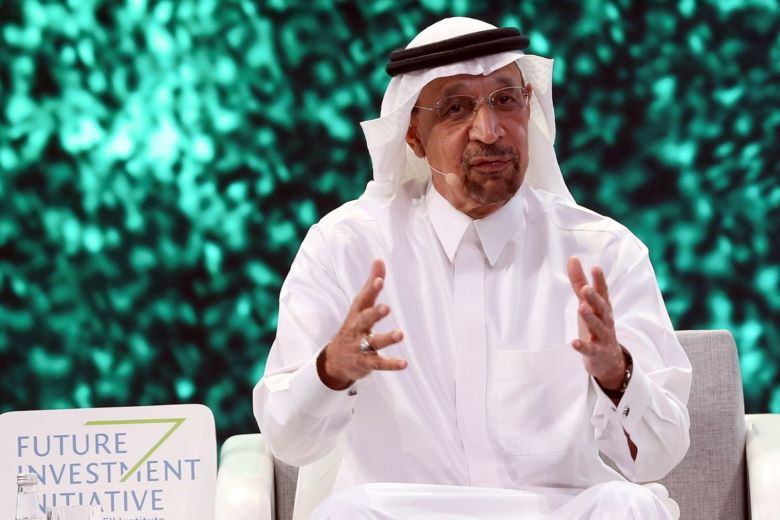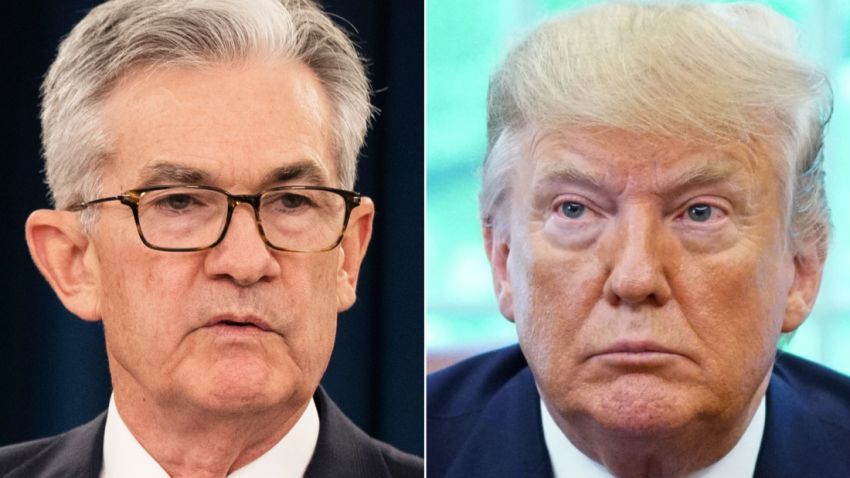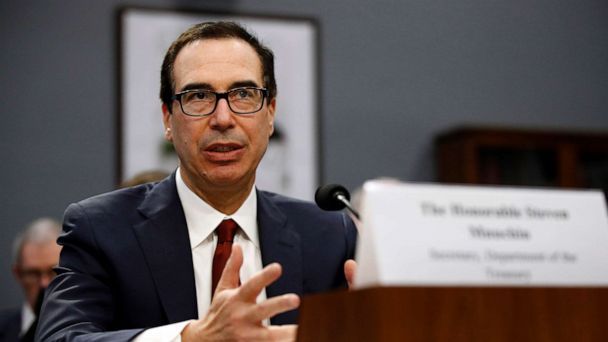Nandini Roy Choudhury, writer
Brief news
- Riyadh is promoting “green shoring” investment opportunities to attract foreign financing and decarbonize supply chains in regions with renewable energy resources.
- Saudi Arabia is committed to achieving net-zero emissions by 2060 under its Vision 2030 program, but concerns remain regarding its dedication to decarbonization.
- The kingdom aims to increase financial flows in the domestic economy and attract foreign domestic investment to $100 billion annually by 2030.
Detailed news
Riyadh is promoting “green shoring” investment opportunities in order to attract foreign financing, and Saudi Minister of Investment Khalid al-Falih has responded to skepticism regarding the country’s economic diversification plan.
Al-Falih stated to CNBC’s Steve Sedgwick on Saturday at the Ambrosetti Forum in Cernobbio, Italy, “There were many individuals who questioned the vision, the ambition, the breadth, depth, and comprehensiveness of the vision, and whether the development of a country like KSA, which has been so reliant on a commodity business like oil for so many decades, would be able to achieve the ambitions we have set forth with Vision 2030.”
Saudi Arabia, a significant U.S. ally in the region and one of the largest economies in the Middle East, has been increasing its investments in order to implement Crown Prince Mohammed bin Salman’s Vision 2030 economic diversification program. This program encompasses 14 giga-projects, including the Neom industrial complex.
This initiative aims to transition Riyadh from its historical reliance on oil revenues, which the International Monetary Fund anticipates will increase until 2026 before declining. The goal is to attract financial flows in the domestic economy that exceed $3 trillion and to increase foreign domestic investment to $100 billion annually by 2030.
The Saudi minister stated on Saturday that the kingdom is now “more committed, more determined” to the Vision 2030 program and has already implemented or is about to complete 87% of its objectives, eight years after the program was first manifested. Critics of the plan have previously expressed doubts regarding Riyadh’s ability to meet its objectives by the designated deadline.
In recent years, the kingdom has been making efforts to improve its business environment and liberalize its market by reforming its investment and labor laws. However, it has also established less popular requirements for companies to establish their regional headquarters in Saudi Arabia in order to access government contracts.
According to the International Monetary Fund (IMF), the number of foreign investment licenses issued in Saudi Arabia nearly doubled in 2023. Government data indicates a 5.6% annual increase in net flows of foreign direct investment as of the first quarter.
The potential uncertainty and unpredictability of the kingdom’s legal framework and its dispute resolution system for foreign investment have nevertheless remained a source of concern. Al-Falih maintained that Saudi Arabia is distinguished by its domestic political and economic stability, as well as its predictability.
“Green shoring”
The Saudi investment minister stated that Riyadh’s offer to foreign investors includes the Saudi-coined initiative of “green shoring,” which aims to decarbonize supply chains in regions with renewable energy resources.
“Green shoring is essentially a statement that you must increase the amount of high-energy processing and manufacturing value-add in regions where the materials and energy are located,” al-Falih stated. He also noted that Saudi Arabia possesses the necessary infrastructure, capital, and logistics to accomplish this.
The world’s largest hydrocarbon exporter is committed to achieving net-zero emissions by 2060 under Vision 2030. Riyadh has been a prominent figure at climate summits, as has its neighbor, the United Arab Emirates, which hosted the 2023 gathering of the annual U.N. Conference of the Parties. However, there are still concerns regarding its dedication to decarbonization.
In order to prevent energy constraints during the global transition to net-zero emissions, Riyadh has consistently advocated for the concurrent utilization of hydrocarbons and renewable energy sources, in agreement with other members of the Organization of the Petroleum Exporting Countries oil alliance.
Some climate activists have also criticized Saudi Arabia’s promotion of solutions such as carbon capture and storage (CCS) technologies as a pretext to advance its lucrative hydrocarbon business.
Saudi Arabia seeks to “address global supply chain resilience issues” and “build a new global economy that is certainly moving more electric, as we bring the copper, as we bring the lithium, the cobalt, the other critical materials, rare earth metals, as we address semiconductor shortages, green fertilizers, and green chemicals” as part of “green shoring,” Al-Falih emphasized.
Source : CNBC News




